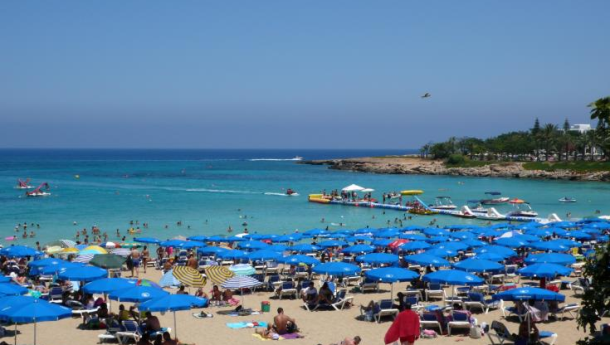
A sustainable destination is one that respects its visitors, but at the same time respects its own resources, natural and human, said on Thursday Cyprus’ Deputy Minister of Tourism Kostas Koumis, during the annual tourism conference of the Association of Cyprus Tourist Enterprises (ACTE), held in Nicosia.
Speaking at a round table discussion regarding the contribution of tourism to the economies of Cyprus and Greece, the Deputy Minister of Tourism said this was very important, reaching 12.8% of the GDP in Cyprus this year.
He noted that the importance of tourism began to emerge across Europe after 2000 and especially during the pandemic, when, for the first time thoughts were heard about the creation of a common tourism portfolio, which, he said, is also supported by large companies and would help solve the problems faced by various destinations.
“We must devote ourselves both to the advantages, to further strengthen them, but also to the disadvantages so that they cease to be such, such as the reduced air connectivity during the winter”, Koumis said. At the same time, he stressed the importance of climate change, which, he said, has become a huge threat, as it may lead to the loss of a significant number of visitors, who will prefer other destinations with milder climate.
Regarding the Deputy Ministry's plans for seasonality, which, he said, was an issue for many southern European countries, he said that Cyprus has raised the issue at the European level, asking the EU to take initiatives and submitting a proposal so that European citizens have the opportunity, with European funds, to visit destinations within the bloc during low season months.
The Secretary General for Tourism Policy and Development at the Ministry of Tourism of Greece, Myron Flouris, referring to the natural disasters that hit Greece last year, called on all stakeholders in the tourism sector in Cyprus to invest in the areas of planning and prevention with the aim of strengthening resilience. He also spoke about the sustainability of the tourism industry.
Advisor of the Greek Tourism Enterprises Confederation, Alexandros Thanos, said that the private sector does not operate in competition with the efforts of state authorities, but is able to simultaneously provide evidence-based recommendations based on data and co-shape the future framework.
He added that tourism is integrated in a horizontal way in the economic activity of Greece, contributing with about 25% of the GDP, while he highlighted the imbalance observed in terms of the amount of revenue between the regions of the country, as five of the 13 regions gather 90% of the annual revenue, within a five-month period. He also referred to the need to find new financial incentives for the development of sectors such as film productions and conference tourism.
ACTE President, Akis Vavlitis, referred to the strong element of seasonality in Cypriot tourism, with unfavourable results, as he said, for employment and the mobilisation of investments during the winter months, adding that a strategic planning was needed with the contribution of the state and all the agencies involved.
He also asked for the expediting of procedures for the arrival of workers from third countries, and to cover the great needs in personnel, as well as an increase in the funds provided by the state to the Deputy Ministry of Tourism.


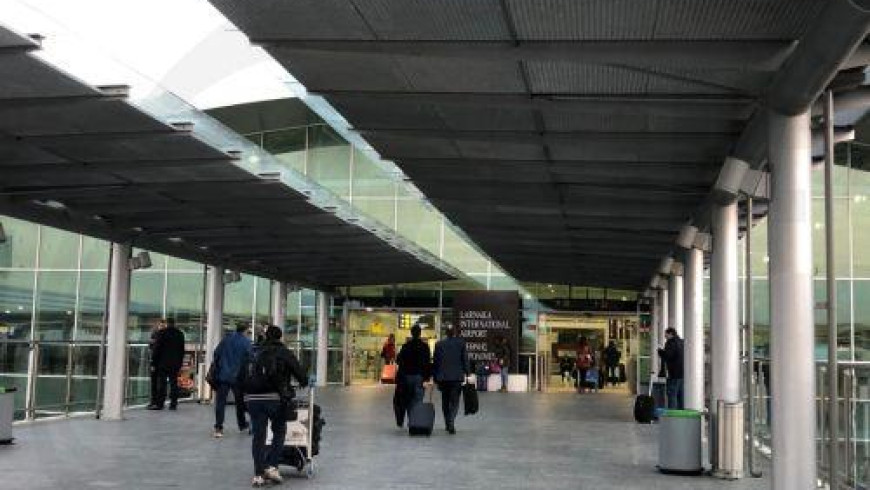
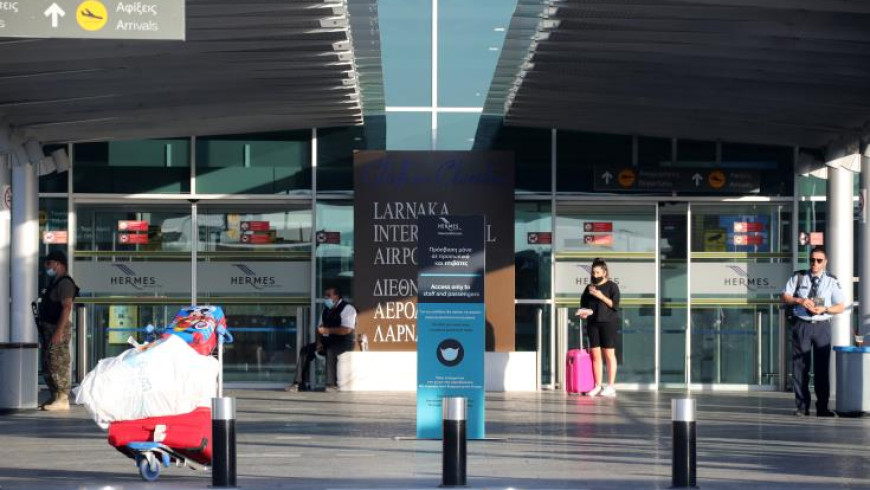
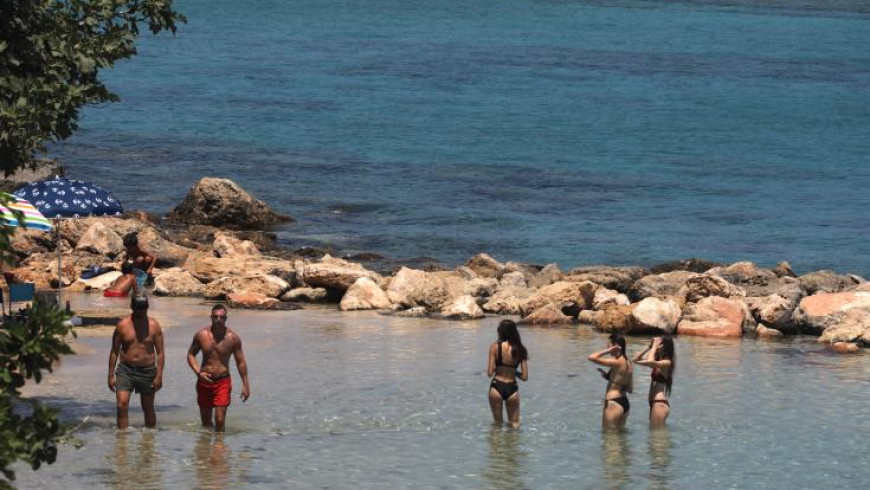
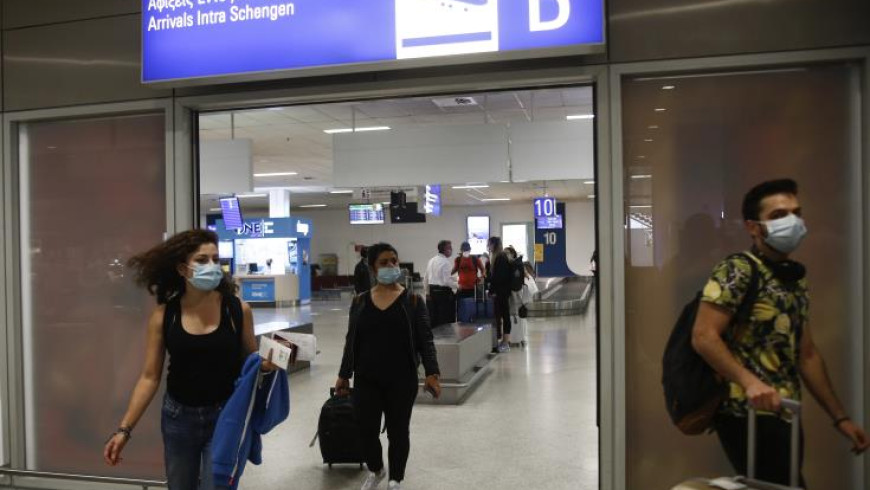
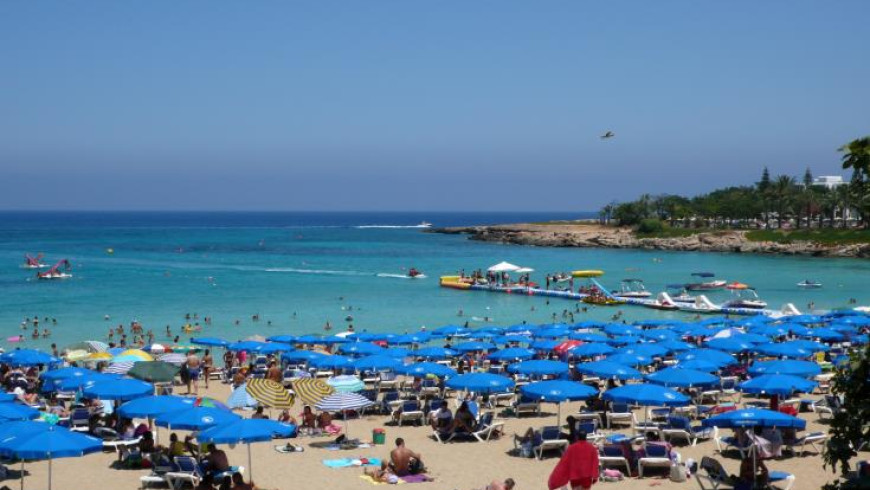
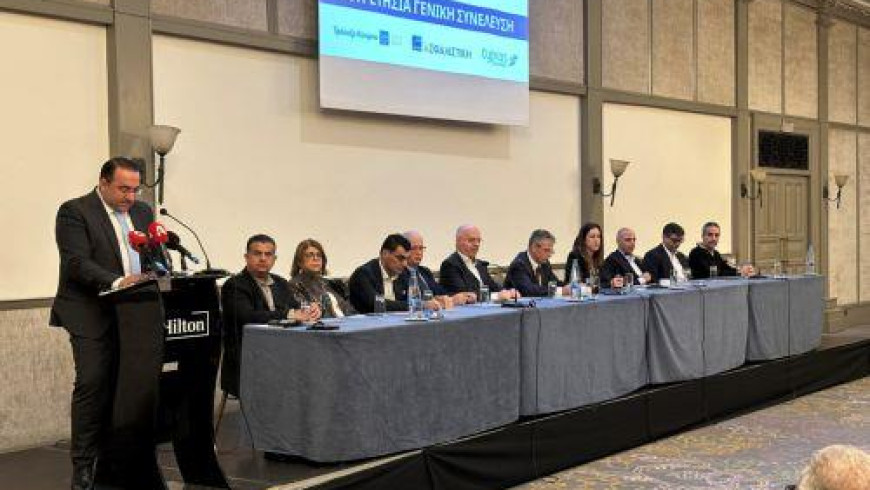
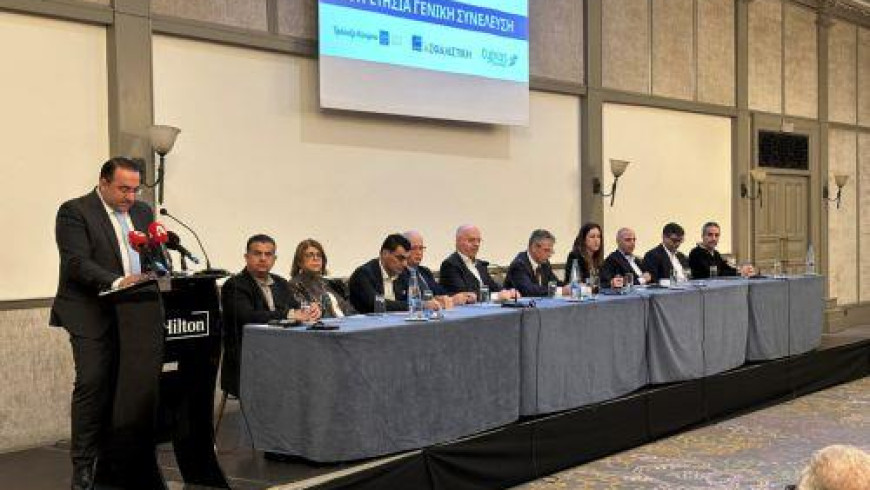




 3287.99
3287.99 1275.09
1275.09
